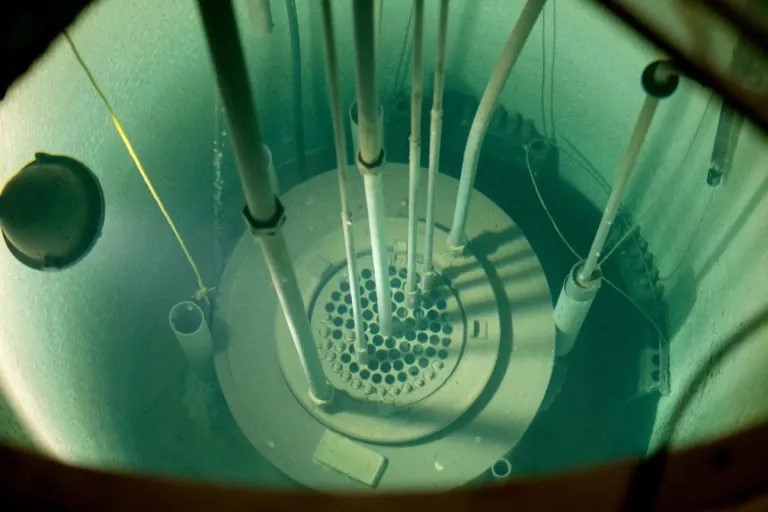
This Veterans Day, the nation pauses to honor the sacrifices of those who have served, recognizing their contributions not only to national security but also to advancements in health and well-being worldwide. For a century, research funded by the U.S. Department of Veterans Affairs (VA) has revolutionized medicine, with breakthroughs initially intended for veterans, such as the cardiac pacemaker and nicotine patch, now benefiting the global population.
As we commemorate 100 years of VA research, we also highlight the significant partnership between University of Utah Health and VA Salt Lake City Health Care. Together, these institutions are advancing discoveries that honor veterans through exceptional clinical care and ongoing research.
A Century of Discovery and Impact
Launched in 1925, the VA’s hospital-based research program initially addressed pressing health issues of the time, such as tuberculosis and toxic gas exposure. Over the decades, VA researchers have made groundbreaking discoveries, including effective therapies for hypertension, linking cigarette smoking to cancer, developing the cardiac pacemaker, and proving colonoscopy as the best method for colon cancer screening. Notably, two VA researchers have been awarded Nobel Prizes for their contributions to medical diagnostics and hormone biology.
Each decade of VA research builds upon the last, creating a legacy of scientific progress that benefits society as a whole. This development follows the VA’s commitment to transforming the unique experiences of veterans into medical insights that improve health for everyone.
Utah’s Legacy of Innovation and Partnership
In 1946, University of Utah Health began a partnership with VA Salt Lake City Health Care, sharing research goals and working collaboratively on a wide range of projects. Over nearly 80 years, this collaboration has addressed evolving health concerns of veterans, from bacteriological studies to artificial limb technology.
Today, 150 investigators hold dual appointments at both institutions, overseeing more than 700 active research projects. In 2024, VA Salt Lake City received over $57 million in research funding, ranking third nationwide. This partnership supports cutting-edge work in fields such as orthopedics, cancer research, vascular medicine, and behavioral health, with impacts extending beyond Utah’s borders.
Utah Researchers Leading High-Impact Prosthetic Advances
For veterans who have undergone amputations, traditional prosthetic limbs can be uncomfortable and unstable. Researchers at University of Utah Health and VA Salt Lake City have been developing an orthopedic implant to improve mobility and comfort for those with above-knee amputations. Led by Roy Bloebaum, PhD, the team has transitioned from translational research to clinical trials with the Percutaneous Osseointegrated Prosthesis (POP).
The POP device, which attaches directly to the femur, eliminates many complications associated with socket technology. Extensive preclinical testing has paved the way for a first-in-human early feasibility study, approved by the FDA, which ran from 2015 to 2019.
Utah as a Hub for Multi-Center Clinical Trials
VA Salt Lake City is the lead site for a large, multi-center clinical trial for the POP, sponsored by the Cooperative Studies Program within the VA Office of Research and Development. The trial aims to gain FDA premarket approval, making the POP widely available to amputees across the U.S.
The POP’s design allows users to move more naturally, closer to their pre-amputation gait. Early studies showed increased prosthetic use and activity levels among patients.
The VA health care system offers an ideal environment for longitudinal research, with a vast network and resources that support both emerging and established researchers.
Developing Young and Established Researchers
The success of VA research is underpinned by its commitment to nurturing talent. Career Development Awards provide mentorship and training for young researchers, while Merit Awards fund seasoned investigators addressing key health concerns among veterans. This continuum of support ensures that VA research remains a vibrant ecosystem of collaboration and innovation.
The Lasting Value of VA Research—for Everyone
VA research not only delivers groundbreaking treatments for veterans but also accelerates medical discovery for all. Veterans gain access to cutting-edge therapies through clinical trials, while civilians benefit from the broader medical advancements these trials inspire.
Despite funding challenges, the mission remains clear: to improve health and quality of life through science. For a century, VA research has embodied this mission, transforming veterans’ experiences into insights that make us all healthier.
As we honor our veterans this November, we also celebrate the spirit of service that drives VA research forward. Investing in the health of those who served is an investment in the well-being of us all.
About the Authors
Jayant (Jay) Agarwal, MD is a member of the POP collaborative research team at University of Utah Health and VA Salt Lake City Health Care, specializing in reconstructive microsurgery.
Jeremy Gililland, MD is a professor in the Department of Orthopaedics at the University of Utah, focusing on adult reconstructive orthopedic surgery.
Sarina Sinclair, ME, PhD leads the Utah Osseointegration Clinical Research Lab, advancing prosthetic and therapeutic strategies for patients with limb loss.







